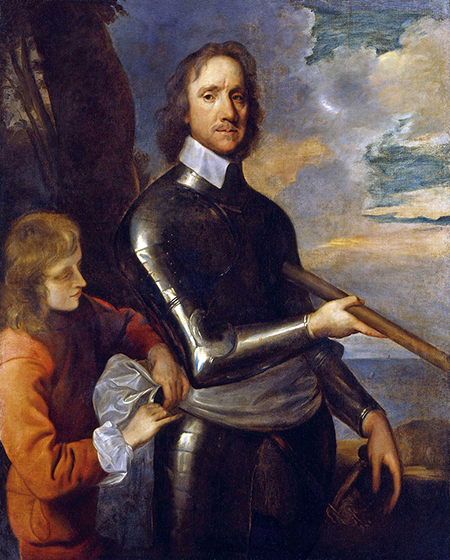
- Born December 19, 1643. The Parliament of England adopted an ordinance prohibiting Christmas. The British were already divided between parliamentarians and realists, between the new and old Anglicans, and the measure only increased division.

For over 100 years Henry VIII.ak broke with the Roman church in 1534. Her daughter Elizabeth I consolidated and consolidated the church of England and yet society did not suddenly become Anglican. But in the mid-17th century, Parliament’s representatives were moving further and further away from Catholicism and, at the head of Oliver Cromwell, the Puritans’ current was gaining strength. Finally, the parliamentarians would achieve the execution of King Charles I in 1649. But the Catholic celebrations wanted to cut their heads six years earlier.
The Puritans strongly criticized the excesses of the Catholic Church and favored the practice of religion with asceticism and without any luxury. According to the law of 1643, citizens at Christmas “have to be humble, taking into account our sins and those of our ancestors, excuse to pay tribute to Christ, because these days have completely forgotten God and have given rise to carnal and sensual abuses.”
In 1644, besides ratifying the ordinance, the celebrations of Easter and Pentecost were prohibited. The ban continued until the restoration of the monarchy in 1660. The realists tended to allow the Christmas celebrations, but, according to most historians, it was Christmas that reinforced the cause of the Stuards, and not the other way around.
In 1643 there were clashes, when on 25 April business doors were opened against traders. But the most serious incidents occurred in 1647 in London, Ipswich, Norwich and, above all, in Canterbury. In addition to publicly celebrating Christmas, they also then strongly attacked the shops. Who could think that later Christmas and shops would come so well in hand?